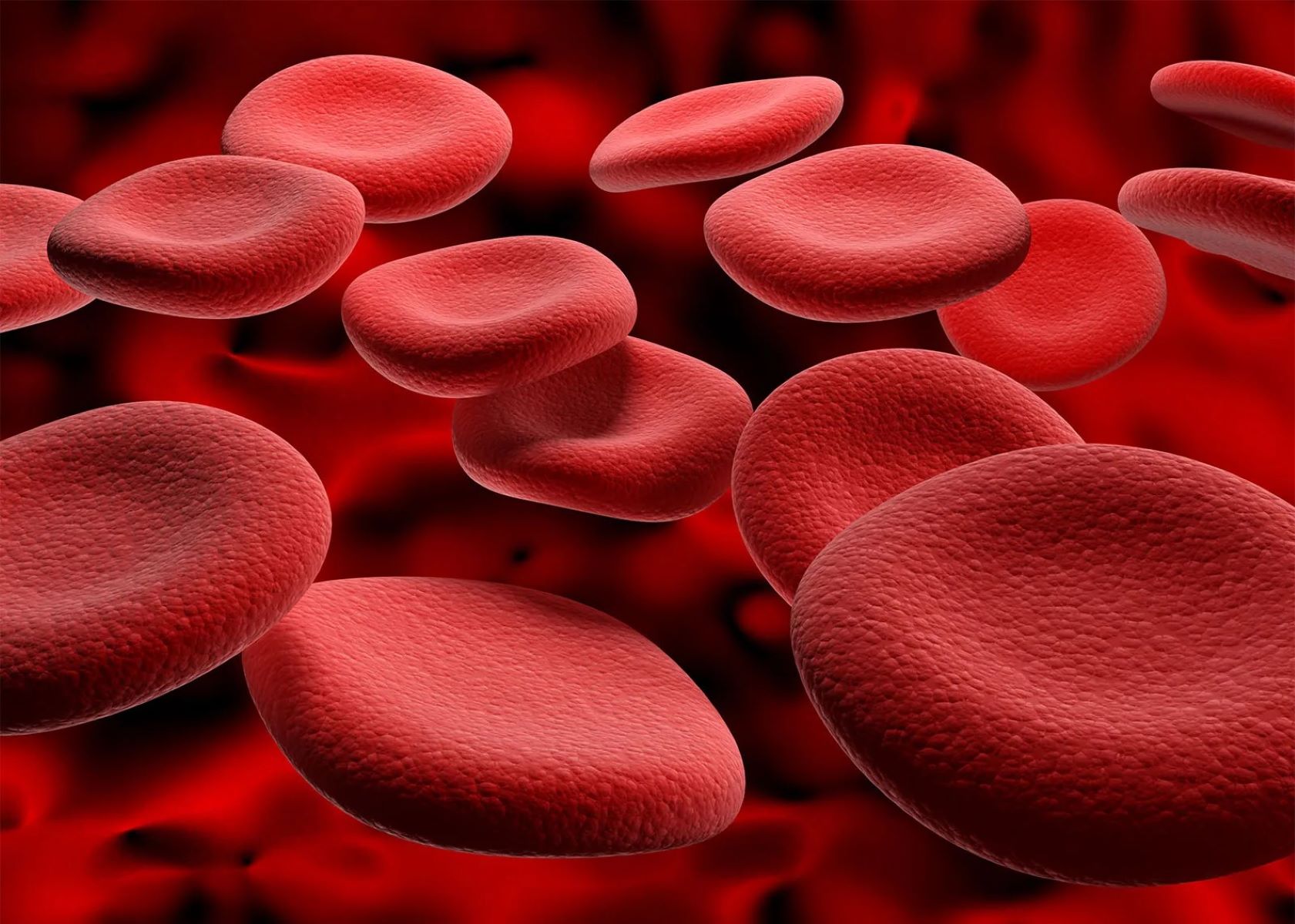
Alpha-Thalassemia is a genetic blood disorder that affects the production of hemoglobin, the protein in red blood cells responsible for carrying oxygen. This condition can lead to a range of health issues, from mild anemia to severe complications requiring regular medical attention. Alpha-Thalassemia is caused by mutations in the HBA1 and HBA2 genes, which are crucial for hemoglobin production. Understanding this disorder is essential for those affected and their families. In this blog post, we will explore 25 key facts about Alpha-Thalassemia, shedding light on its causes, symptoms, treatments, and how it impacts daily life. Whether you're newly diagnosed or seeking more information, these facts will provide valuable insights into managing and living with Alpha-Thalassemia.
What is Alpha-Thalassemia?
Alpha-Thalassemia is a blood disorder that affects the production of hemoglobin, the protein in red blood cells that carries oxygen. This condition can lead to various health issues, ranging from mild anemia to severe complications. Here are some intriguing facts about Alpha-Thalassemia.
-
Genetic Origin: Alpha-Thalassemia is inherited from parents through genes. It occurs when there are mutations or deletions in the genes responsible for hemoglobin production.
-
Hemoglobin Chains: Hemoglobin consists of four protein chains: two alpha and two beta. Alpha-Thalassemia specifically affects the alpha chains.
-
Types of Alpha-Thalassemia: There are four types, based on the number of affected genes: Silent Carrier, Alpha-Thalassemia Trait, Hemoglobin H Disease, and Alpha-Thalassemia Major.
-
Silent Carrier: Individuals with one affected gene usually show no symptoms and are called silent carriers.
-
Alpha-Thalassemia Trait: With two affected genes, individuals may have mild anemia but often lead normal lives.
-
Hemoglobin H Disease: Three affected genes result in Hemoglobin H Disease, causing moderate to severe anemia and other health issues.
-
Alpha-Thalassemia Major: The most severe form, with all four genes affected, often leads to stillbirth or severe health problems shortly after birth.
Symptoms and Diagnosis
Understanding the symptoms and how Alpha-Thalassemia is diagnosed can help in early detection and management.
-
Mild Anemia: Those with Alpha-Thalassemia Trait may experience mild anemia, often without noticeable symptoms.
-
Fatigue and Weakness: Hemoglobin H Disease can cause fatigue, weakness, and pale skin due to reduced oxygen in the blood.
-
Enlarged Spleen: An enlarged spleen is a common symptom in more severe cases, as the spleen works harder to filter abnormal red blood cells.
-
Bone Deformities: Severe forms can lead to bone deformities, particularly in the face and skull, due to bone marrow expansion.
-
Jaundice: Yellowing of the skin and eyes, known as jaundice, can occur due to the breakdown of red blood cells.
-
Blood Tests: Diagnosis often involves blood tests to check hemoglobin levels and the shape of red blood cells.
-
Genetic Testing: Genetic testing can confirm the presence of mutations or deletions in the alpha-globin genes.
Treatment and Management
Managing Alpha-Thalassemia involves various treatments to alleviate symptoms and improve quality of life.
-
Regular Blood Transfusions: Severe cases may require regular blood transfusions to maintain healthy hemoglobin levels.
-
Iron Chelation Therapy: Frequent transfusions can lead to iron overload, requiring iron chelation therapy to remove excess iron from the body.
-
Folic Acid Supplements: Folic acid supplements can help in the production of healthy red blood cells.
-
Bone Marrow Transplant: In some cases, a bone marrow transplant may be considered as a potential cure.
-
Splenectomy: Removal of the spleen, or splenectomy, might be necessary if the spleen becomes too enlarged or starts destroying too many red blood cells.
-
Hydroxyurea: This medication can stimulate the production of fetal hemoglobin, which can help reduce symptoms in some patients.
Living with Alpha-Thalassemia
Living with Alpha-Thalassemia requires ongoing care and lifestyle adjustments to manage the condition effectively.
-
Regular Monitoring: Regular check-ups and blood tests are essential to monitor hemoglobin levels and overall health.
-
Healthy Diet: A balanced diet rich in vitamins and minerals can support overall health and well-being.
-
Avoiding Infections: People with Alpha-Thalassemia should take precautions to avoid infections, as their immune system may be compromised.
-
Exercise: Moderate exercise can help maintain physical fitness and improve energy levels.
-
Support Groups: Joining support groups can provide emotional support and valuable information for managing the condition.
The Final Word on Alpha-Thalassemia
Alpha-thalassemia, a genetic blood disorder, affects millions worldwide. Understanding its symptoms, causes, and treatment options can make a big difference in managing the condition. From mild anemia to severe health issues, the impact varies widely. Early diagnosis and proper medical care are crucial for those affected. Genetic counseling can help families understand their risks and options.
Research continues to advance, offering hope for better treatments and possibly a cure in the future. Staying informed and proactive in health management is key. Remember, knowledge empowers us to make better decisions and support those living with alpha-thalassemia.
By spreading awareness and understanding, we can improve the quality of life for many. Keep learning, stay curious, and share what you know. Together, we can make a difference.
Was this page helpful?
Our commitment to delivering trustworthy and engaging content is at the heart of what we do. Each fact on our site is contributed by real users like you, bringing a wealth of diverse insights and information. To ensure the highest standards of accuracy and reliability, our dedicated editors meticulously review each submission. This process guarantees that the facts we share are not only fascinating but also credible. Trust in our commitment to quality and authenticity as you explore and learn with us.


